Research groups of DoSChem Focus Area C
Synthesis & Catalysis
Biological & Medical Chemistry
- Biological Chemistry
- Structural and Computational Chemistry
- Functional Materials and Catalysis
- Pharmaceutical Chemistry
- Structural Analysis
Link to Students of Panel C
Inorganic Chemistry
Mathea Sophia Galanski
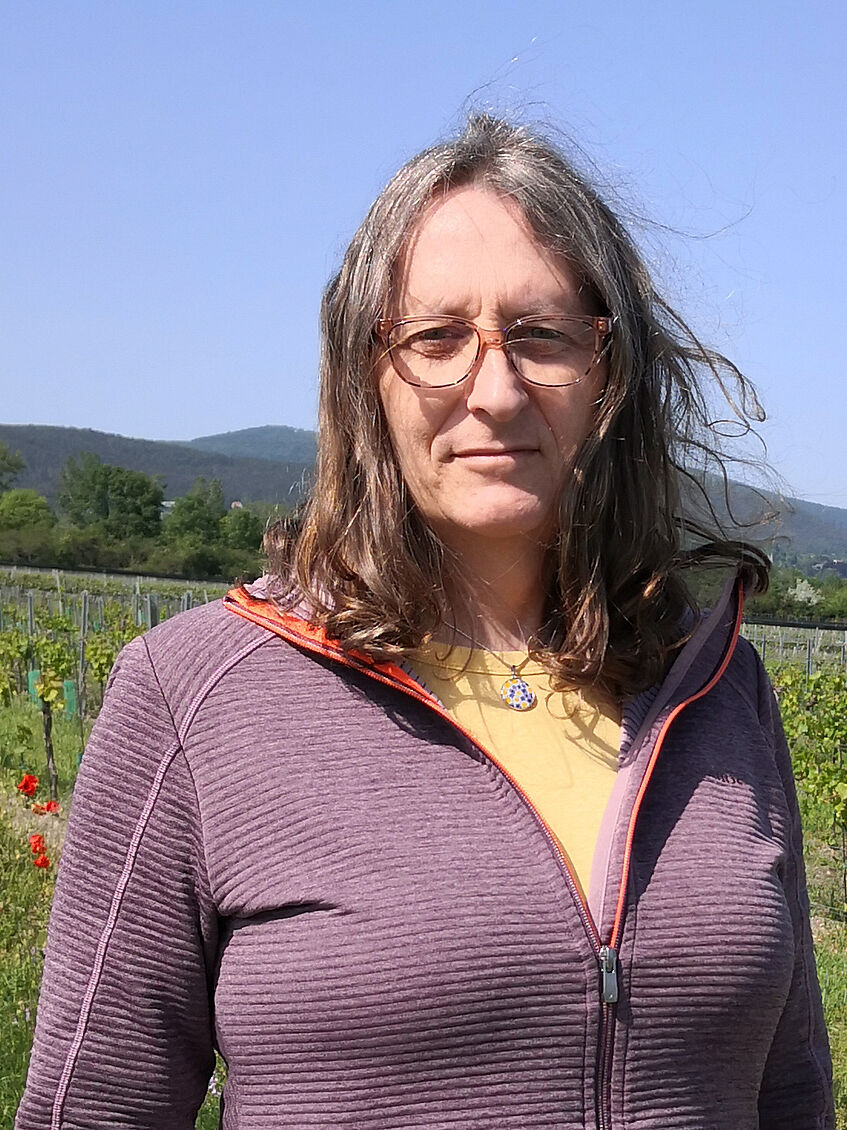
Mathea Sophia Galanski
Research Areas: Bioinorganic Chemistry; Anticancer Metal Complexes; NMR Spectroscopy
Bernhard Keppler
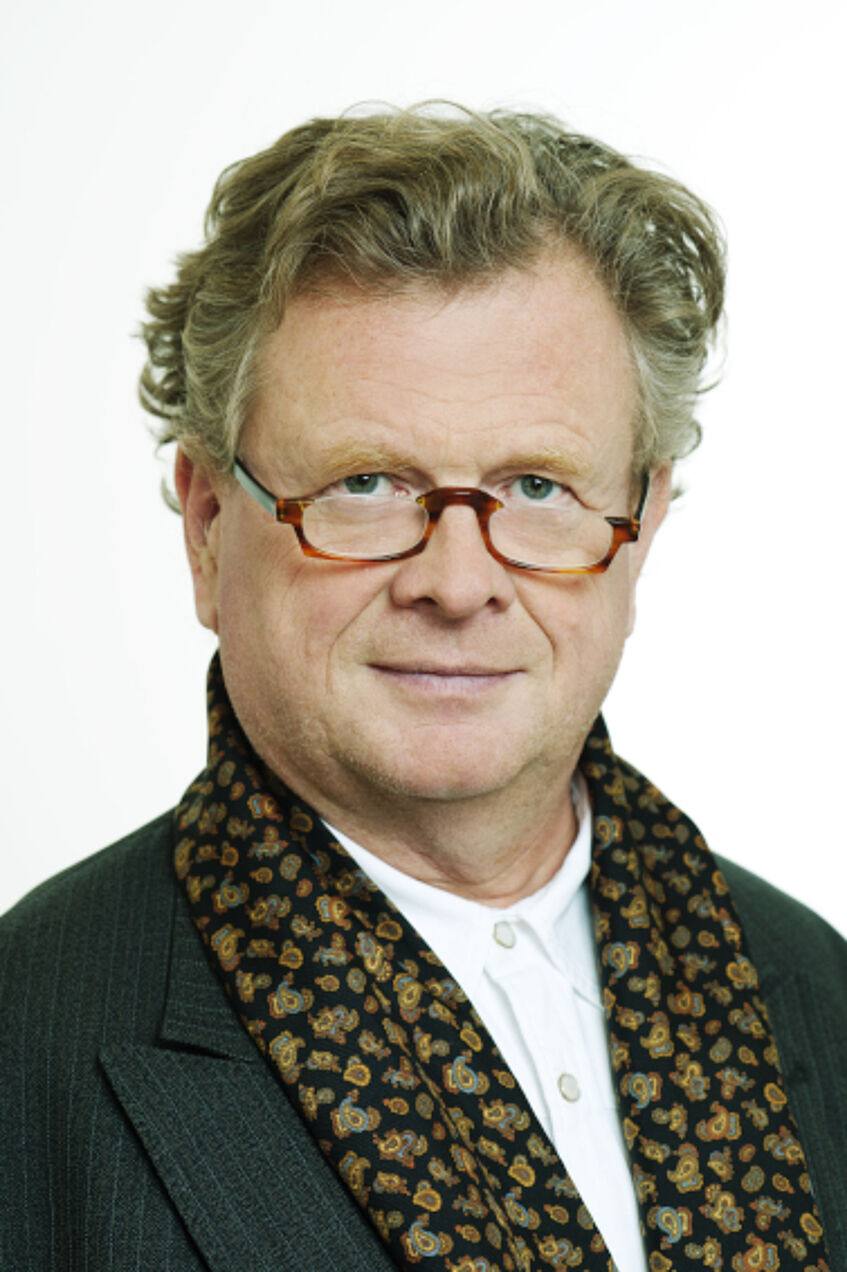
Christian Kowol
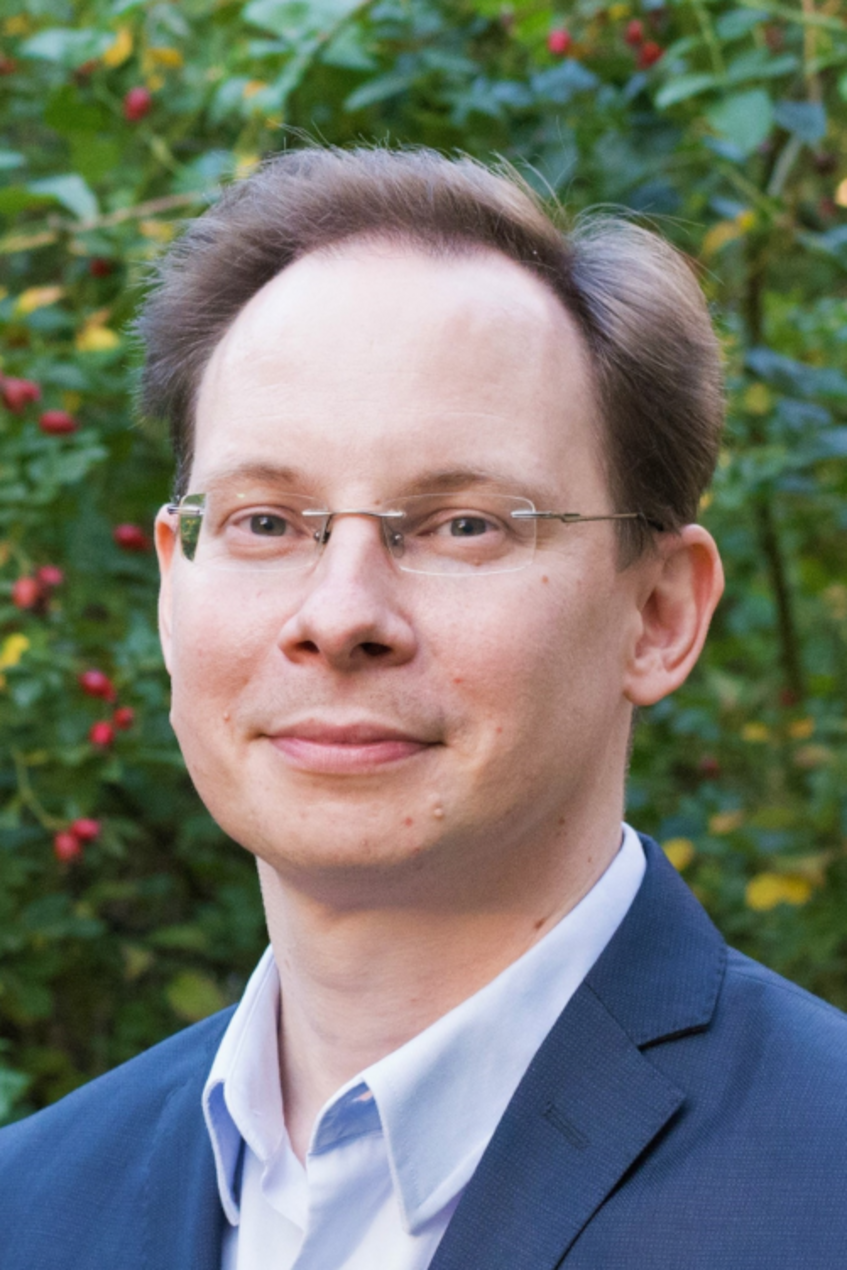
Christian Kowol
Research Areas: (metal-based) anticancer drug development; prodrugs, drug delivery/targeting systems
Michael Malarek
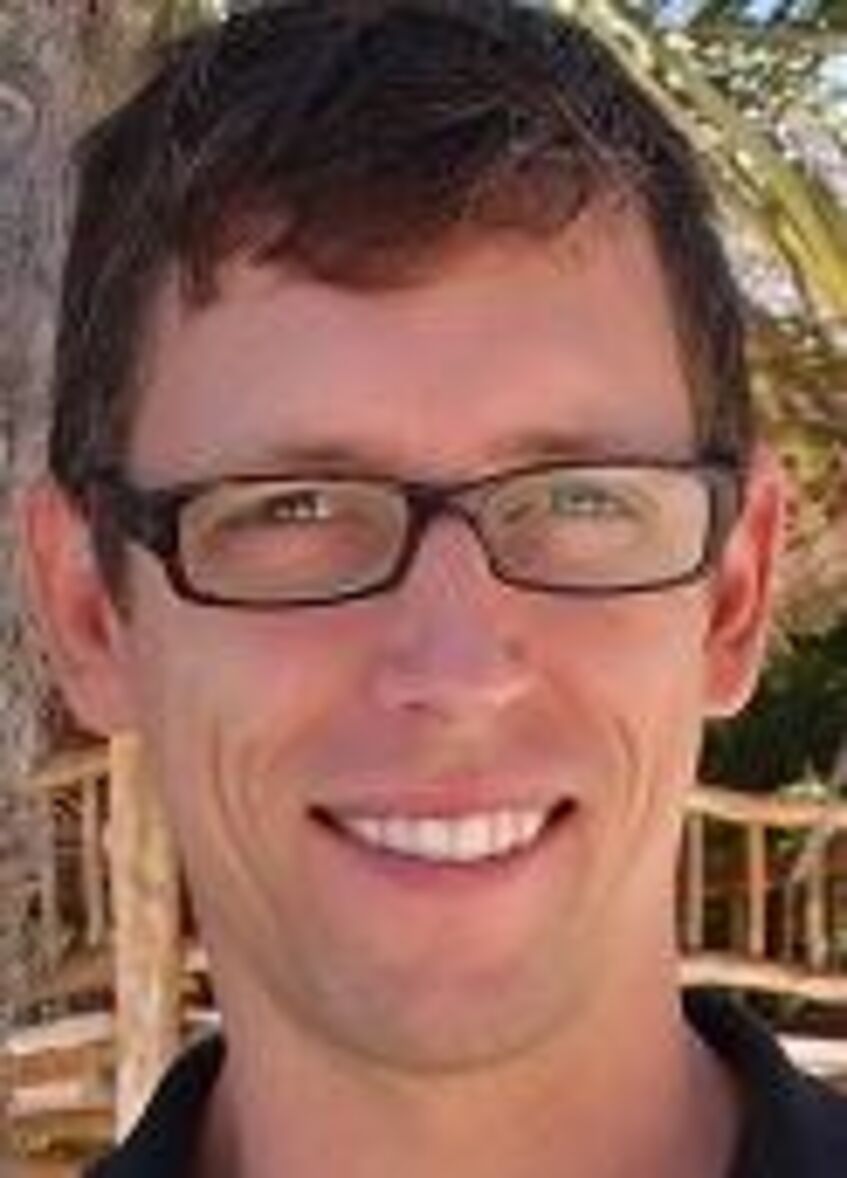
Thomas Mindt
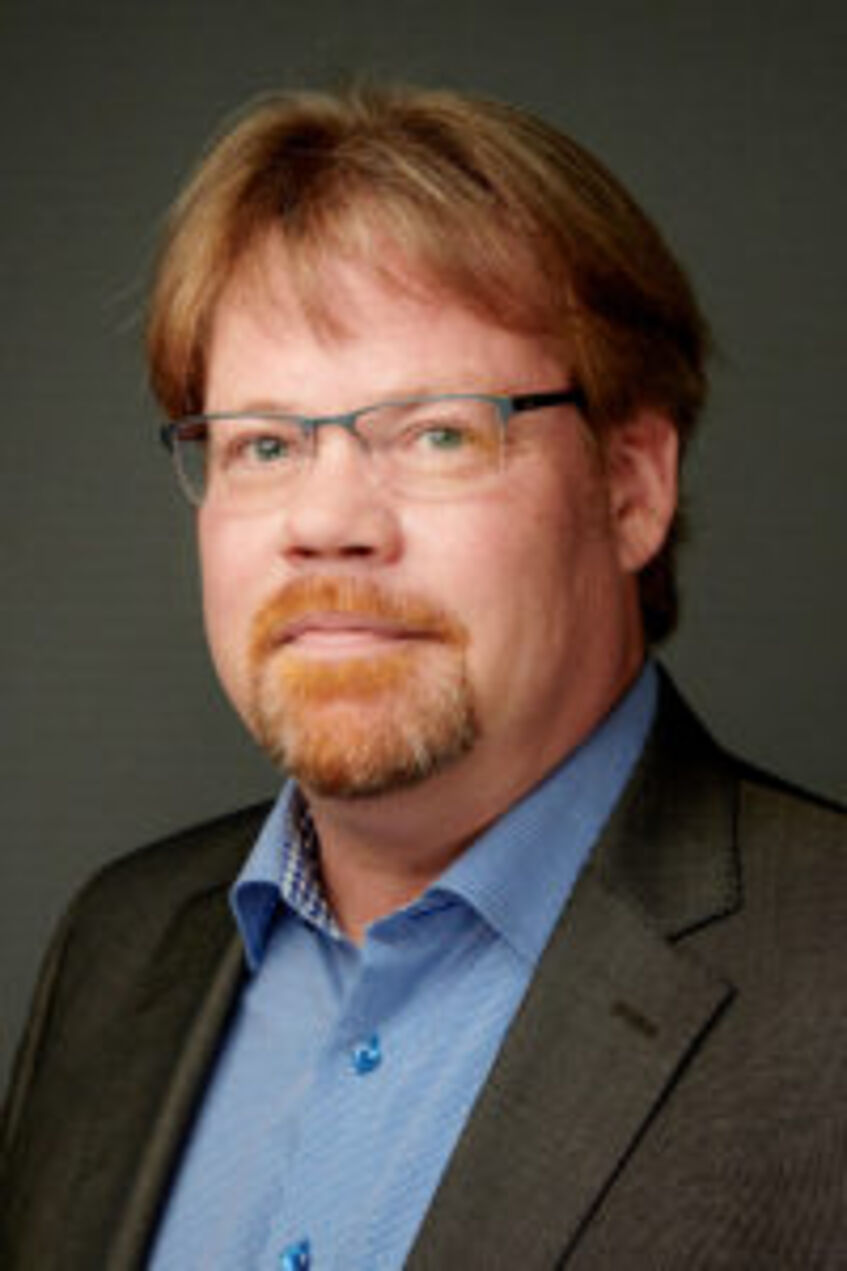
Thomas Mindt
member of the Panel Organizing Board
Research Areas: Radiopharmaceuticals, Radiochemistry, Nuclear Imaging, Radiotherapy, Radioactive Metals, Peptides, Proteins
Michael Reithofer
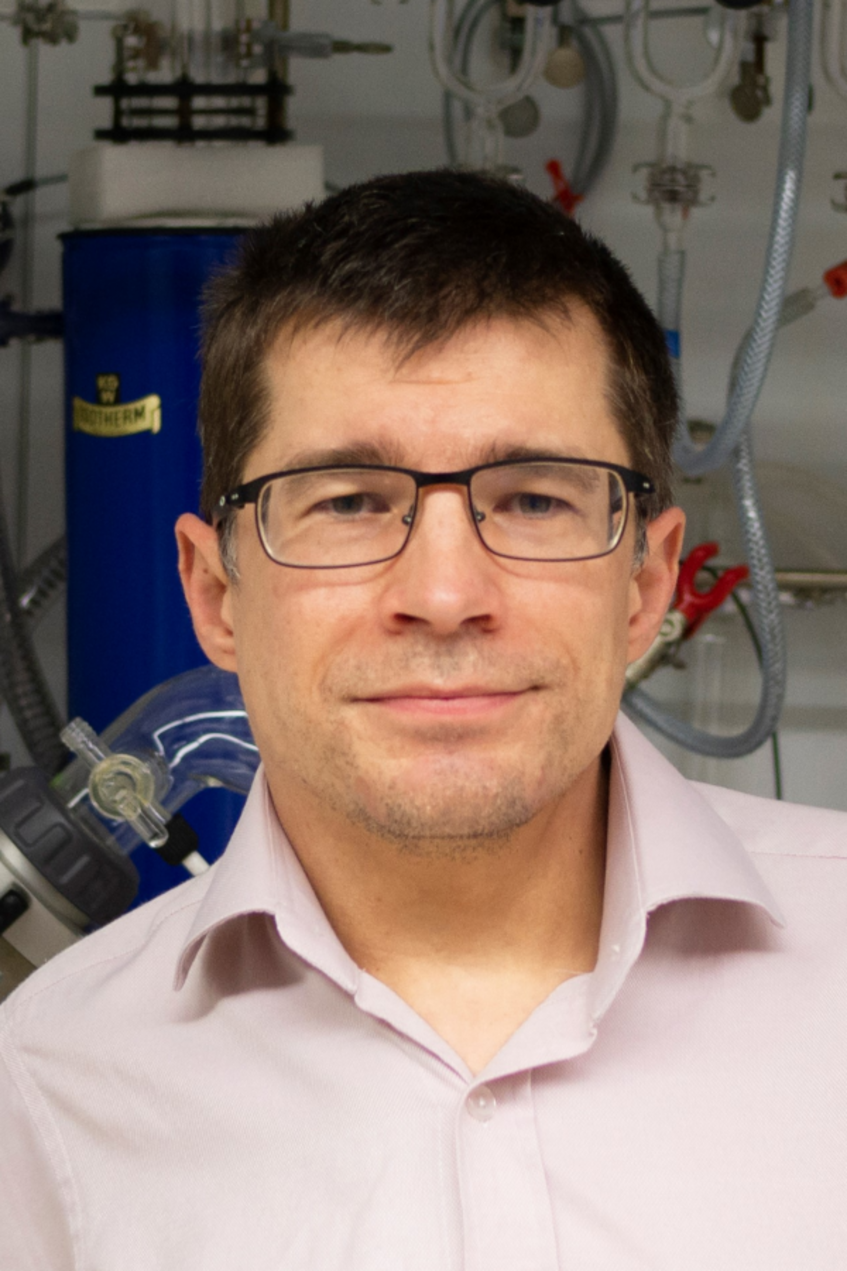
Michael Reithofer
DoSChem steering committee member
Research Areas: Biomaterials, Nanochemistry
Organic Chemistry
Davide Bonifazi
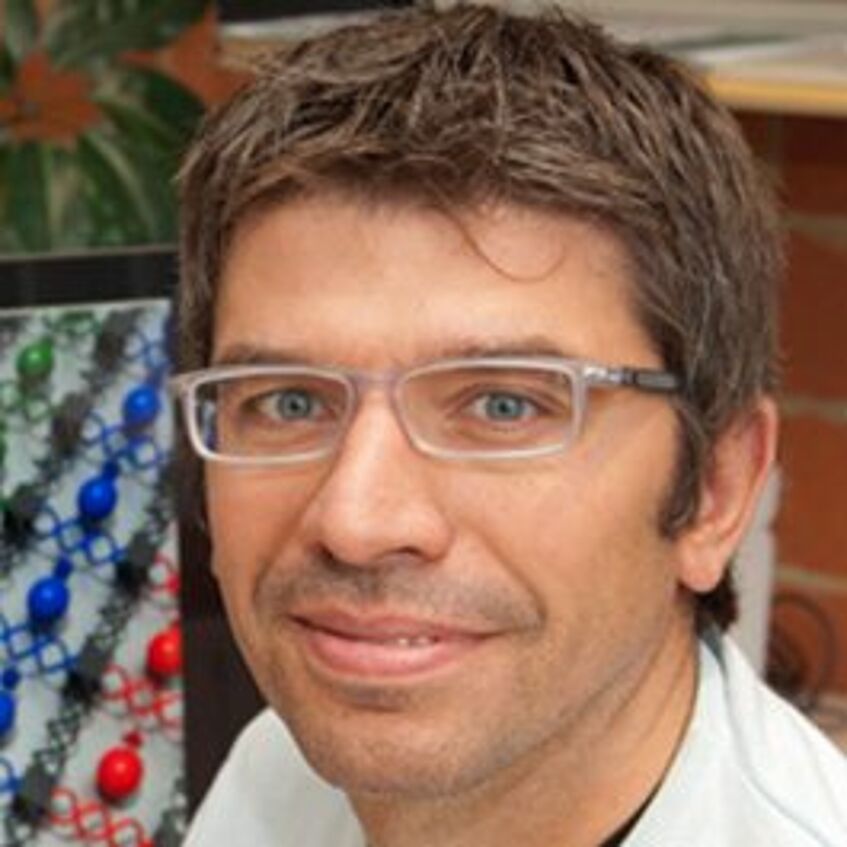
Davide Bonifazi
member of the Panel Organizing Board
DoSChem steering committee member
Research Areas: synthetic organic chemistry
Lothar Brecker
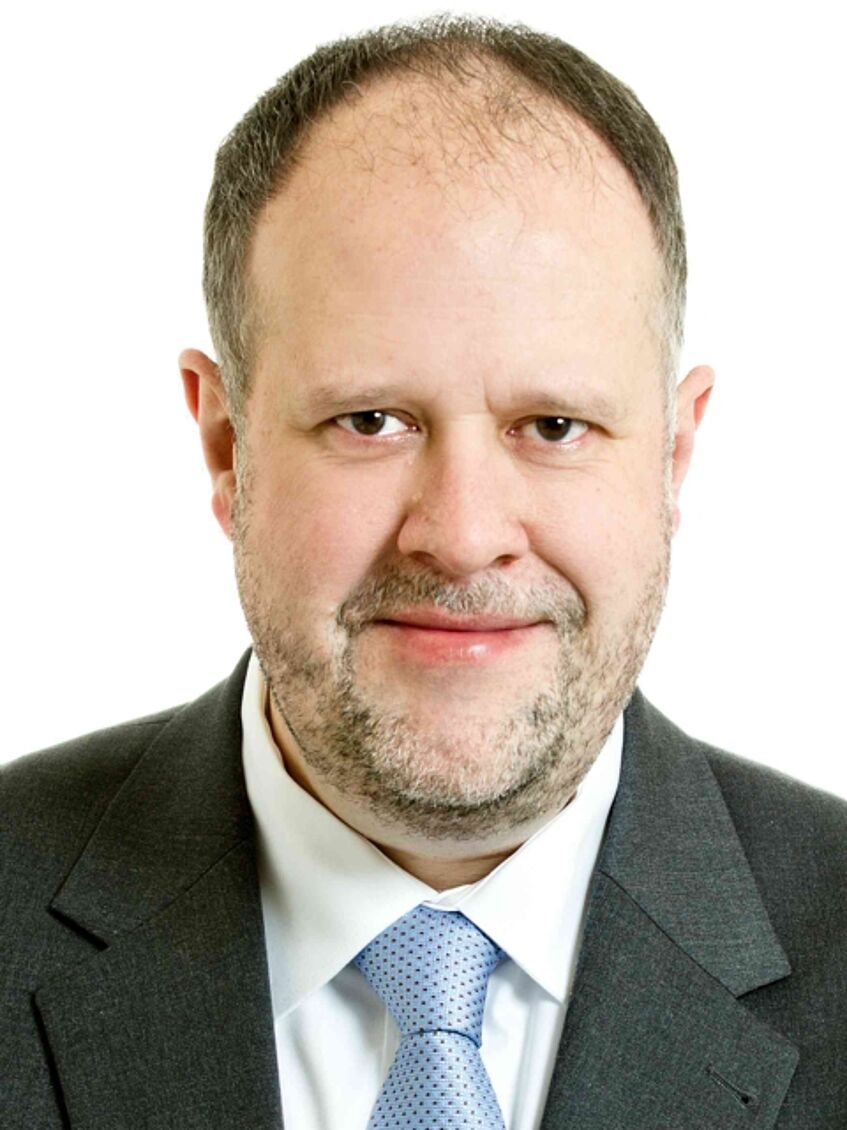
Lothar Brecker
DoSChem steering committee member
Research Areas: Organic Structural Chemistry – Structure, dynamics, binding behavior, biologic effects and reactions of organic compounds
- Department
- Contact
- Website
Roman Lichtenecker
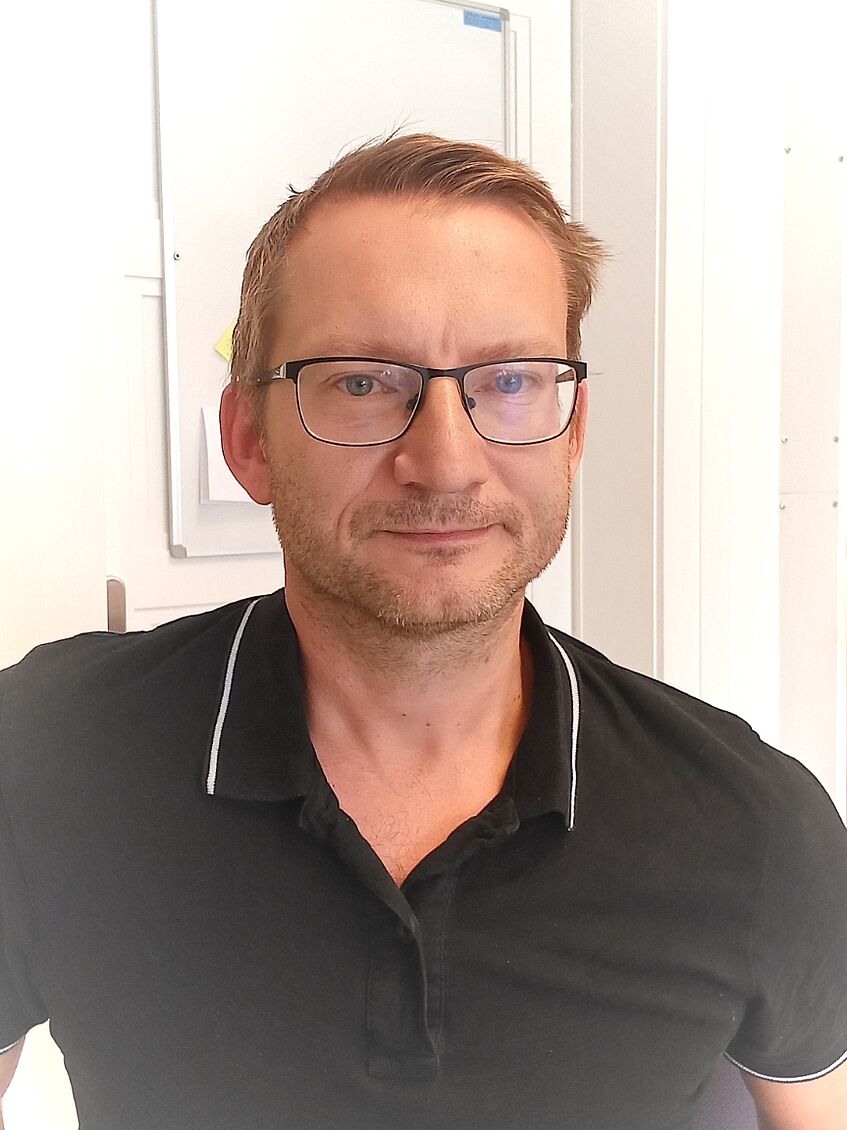
Roman Lichtenecker
Research Areas: implementation of small molecules as tools to study complex biological systems
Nuno Maulide

Nuno Maulide
Research Areas: "unconventional" reactivity profiles of organic compounds;
Katharina Pallitsch
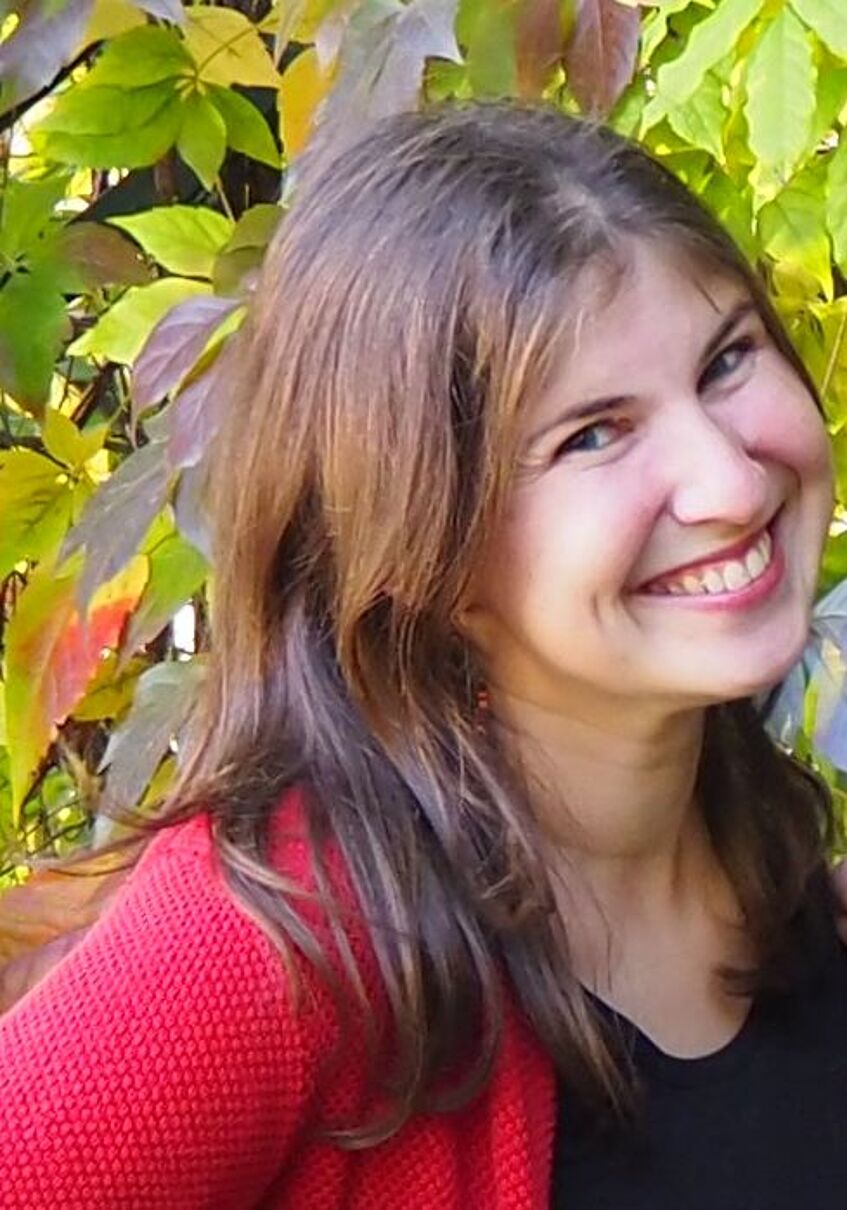
Katharina Pallitsch
Research Areas: phosphonates, carbohydrates, low-molecular enzyme inhibitors for structural, mechanistic and diagnostic purposes
Javier Mateos-Lopez

Javier Mateos-Lopez
adjunct PI
Research Areas: Homogenous catalysis, synthetic organic methodology, reaction mechanisms, main-group catalysis.
- Department
- Contact
- Website
Biophysical Chemistry
Annette Rompel

Biological Chemistry
Christian Becker
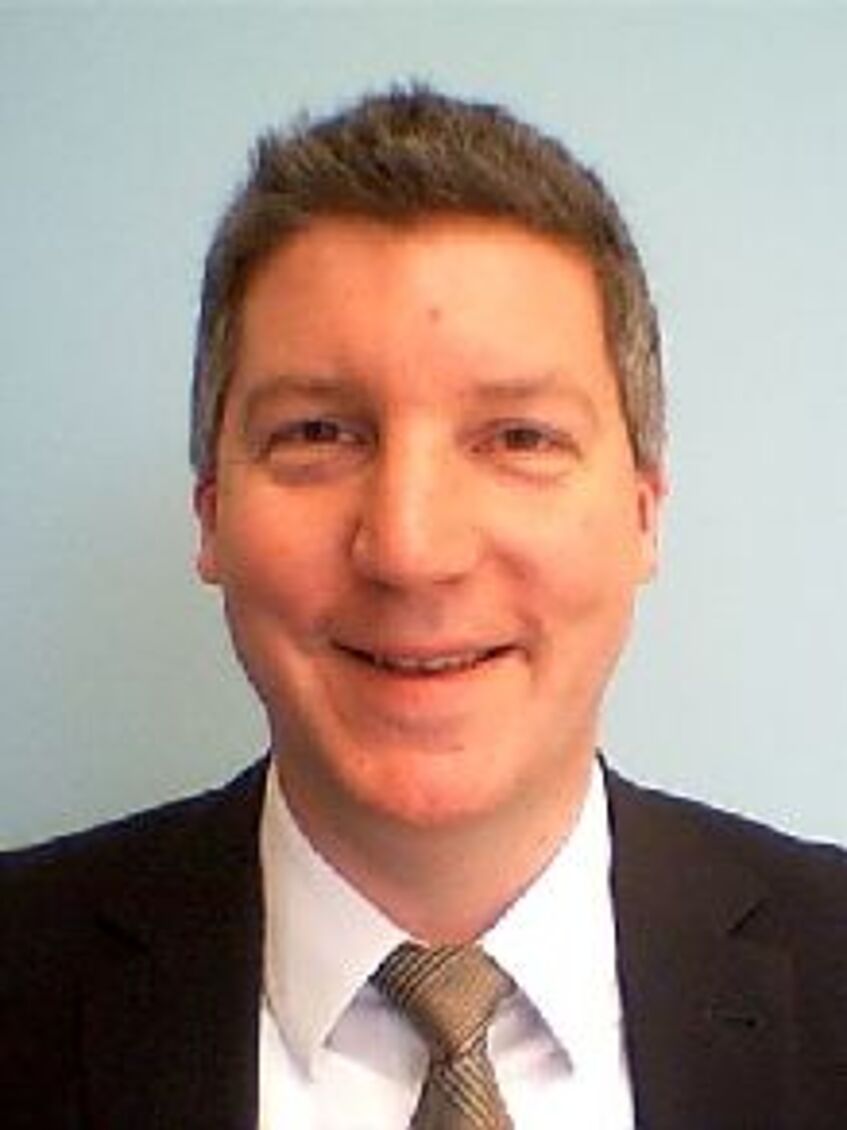
Christian Becker
Research Areas: Synthesis and Semisynthesis of (Membrane-) proteins with selective modifications;
Immobilization of functional proteins; Synthetic Immune Stimulators for the targeted Immune therapy
Thomas Böttcher
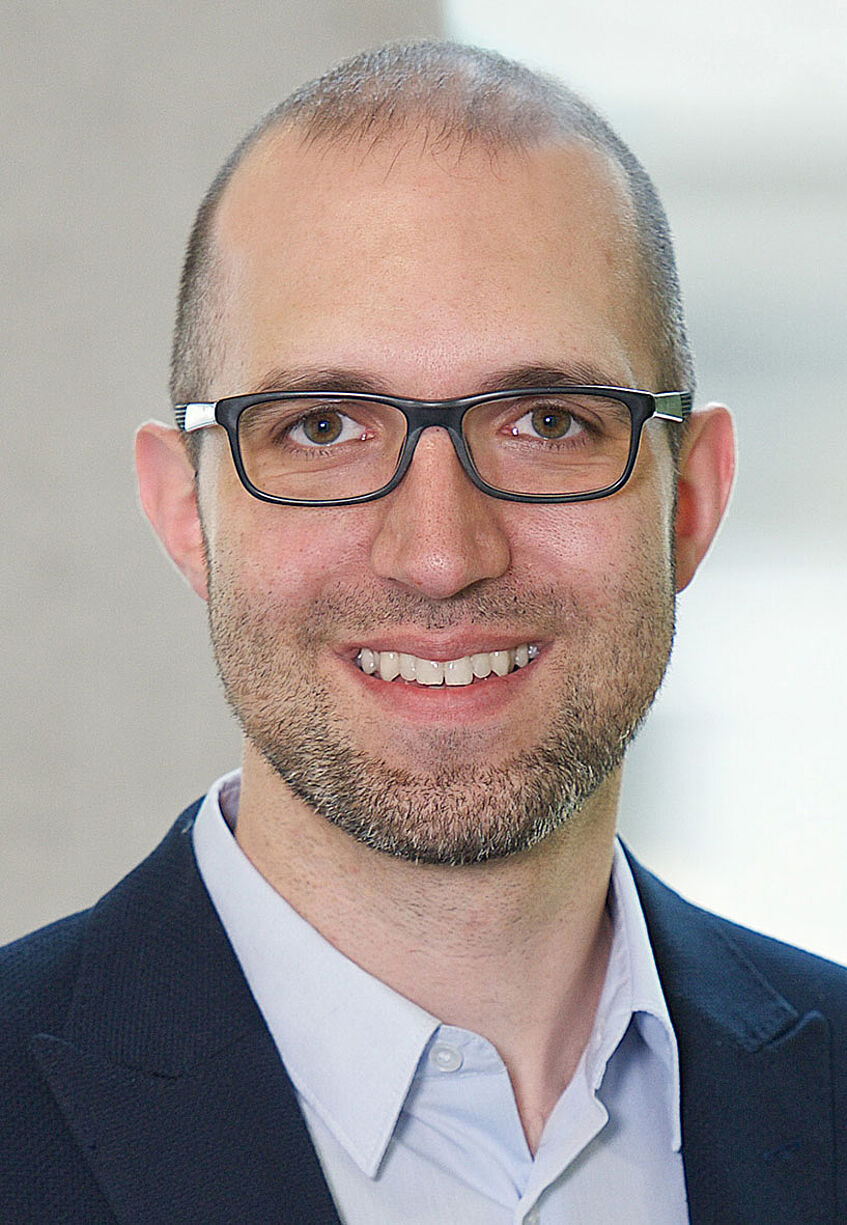
Dennis Kurzbach
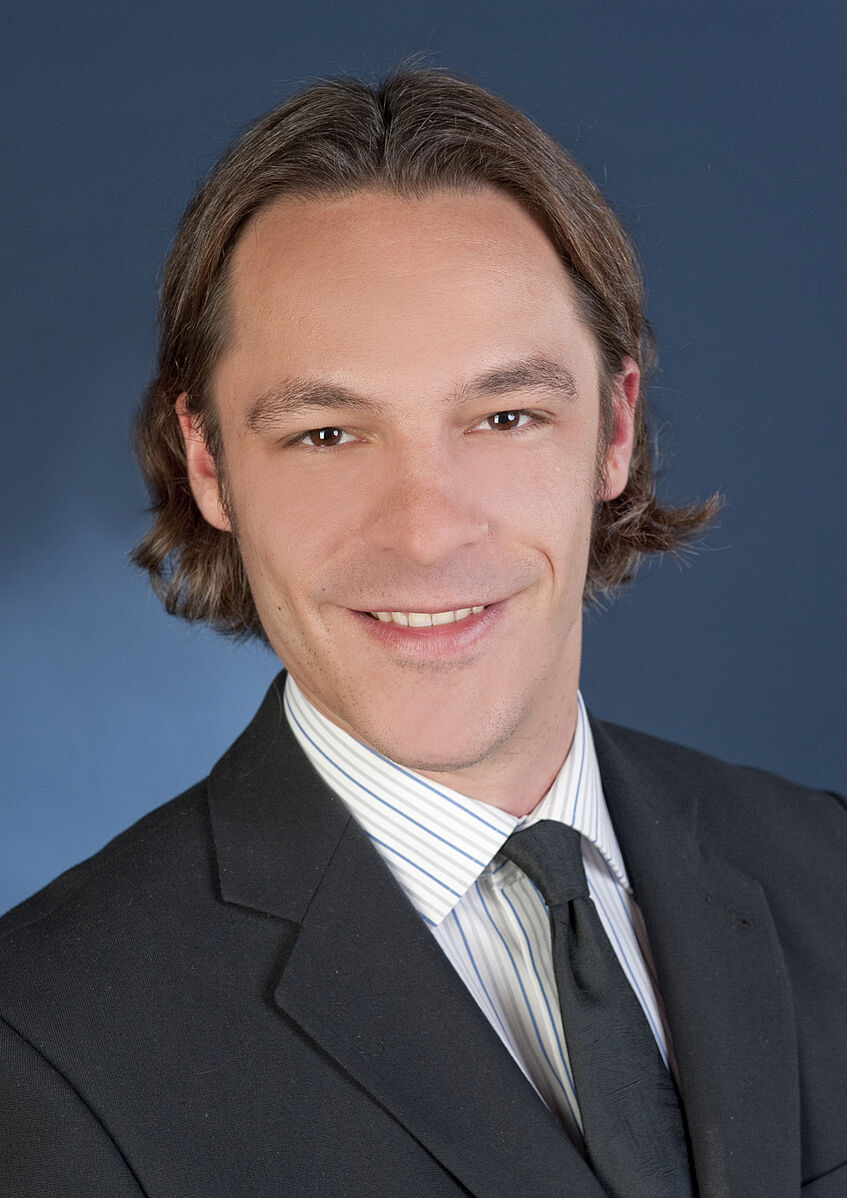
Dennis Kurzbach
Panel Contact Person
Research Areas: NMR, EPR and Dynamic Nuclear Polarization for Biology and Chemistry
Markus Muttenthaler
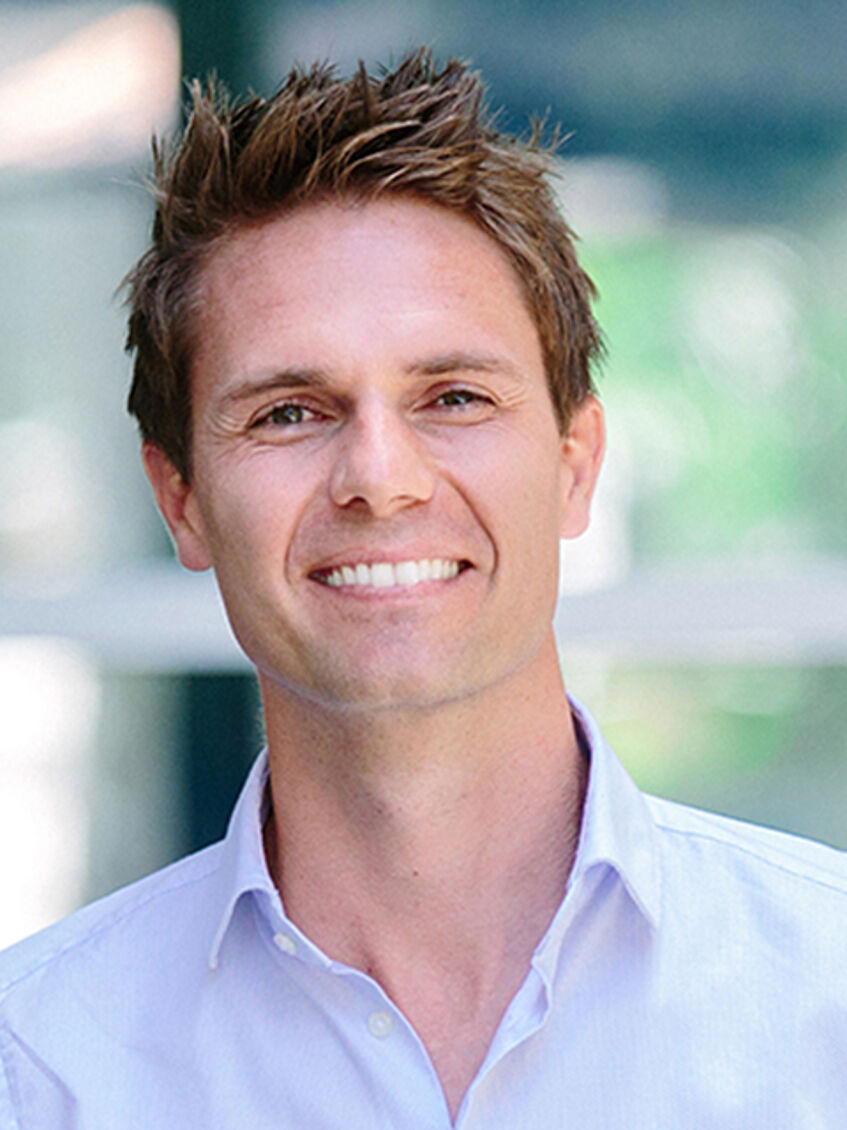
Markus Muttenthaler
Research Areas: Bioactive Peptides, Neuropeptides, Medicinal Chemistry, Drug Discovery and Development, Chemical Biology, Gastrointestinal Disorders, Pain, Venom Research
Structural and Computional Biology
Kristina Djinovic-Carugo
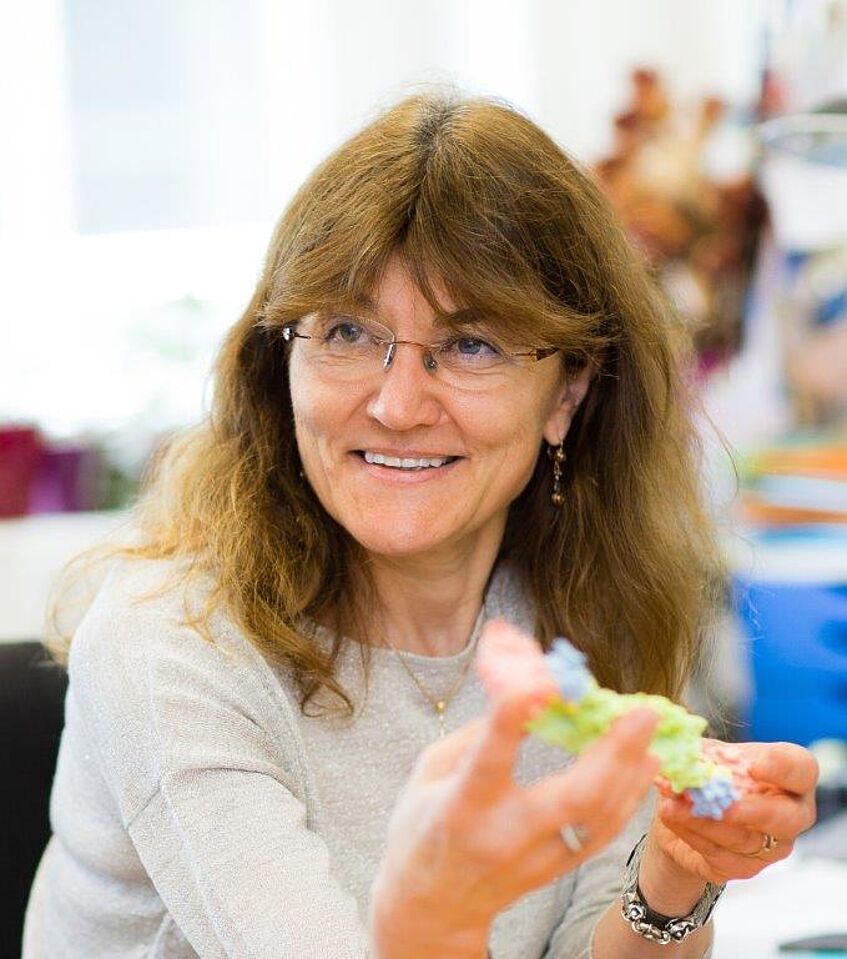
Sebastian Falk
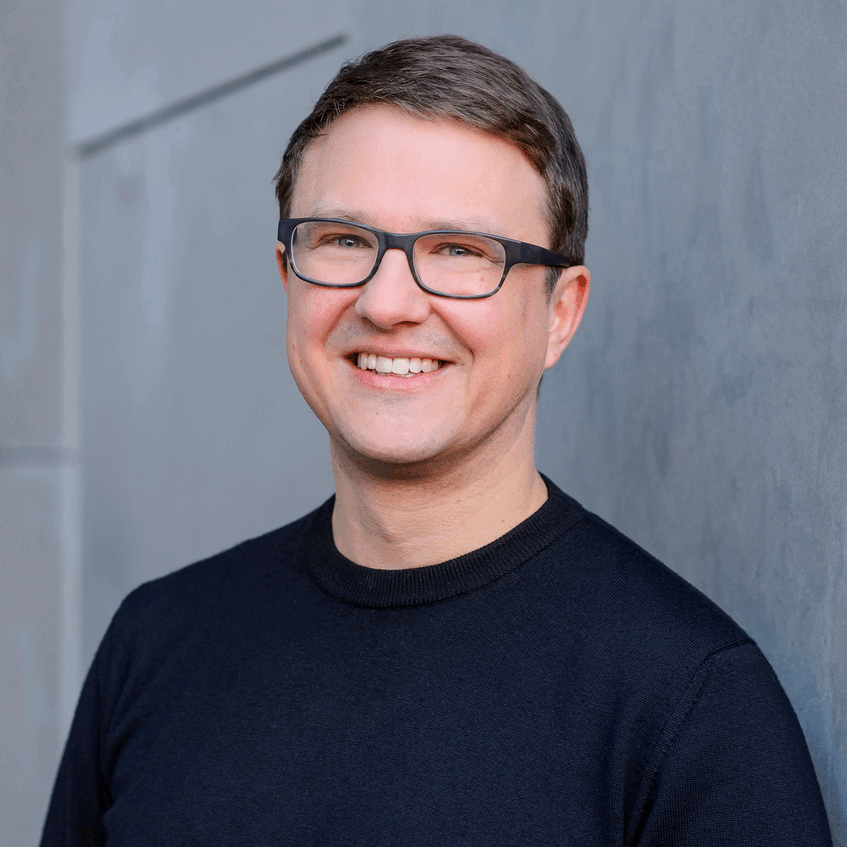
Sebastian Falk
Resarch Areas: Structural Biology, RNA Quality Control, Biogenesis & Action of small RNAs.
Robert Konrat
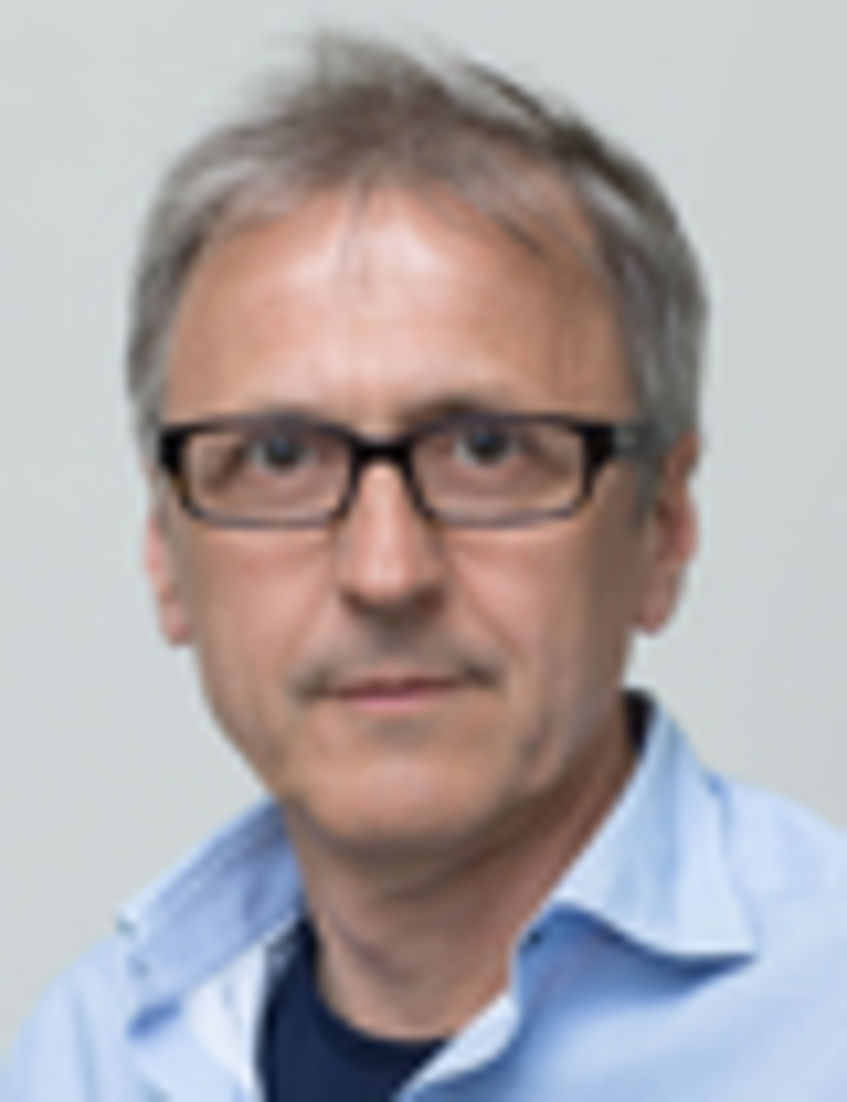
Robert Konrat
Research Areas: Computational Biology and Biomolecular NMR Spectroscopy
Functional Materials and Catalysis
Kai Carsten Hultzsch
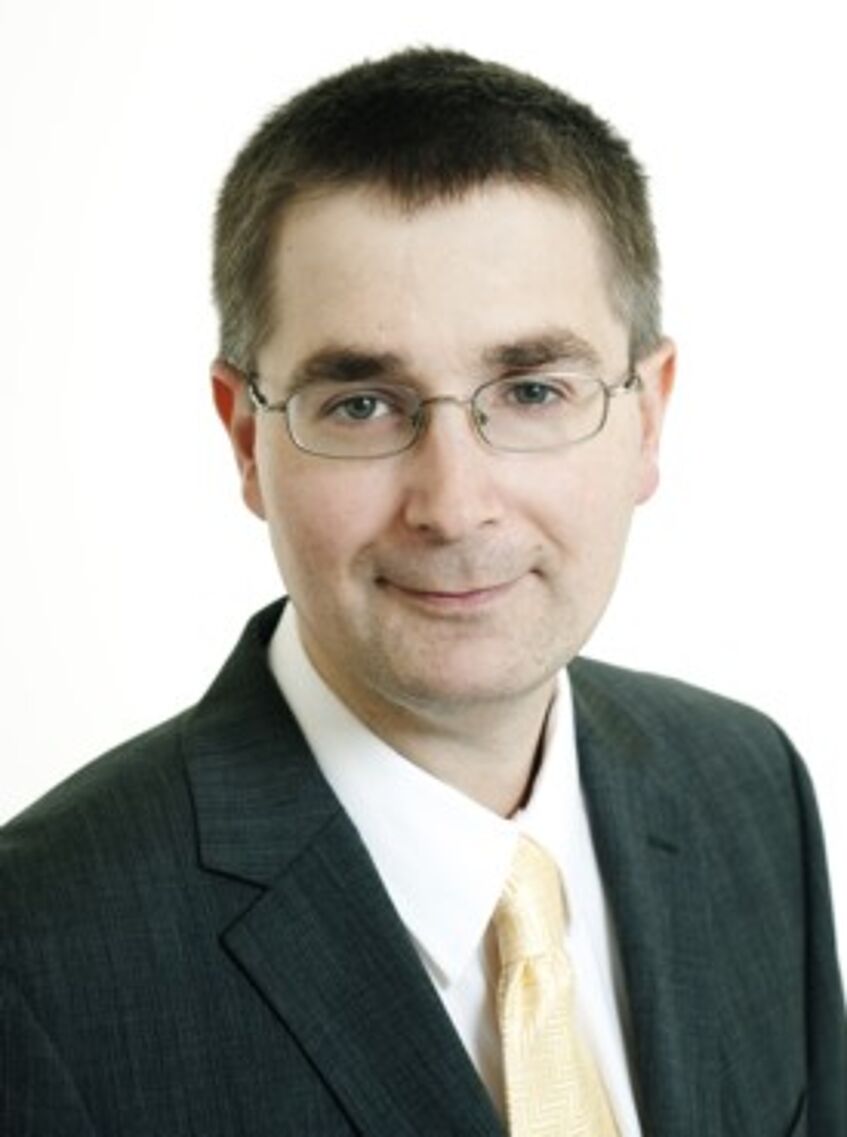
Kai Carsten Hultzsch
member of the Panel Organizing Board
Research Areas: Organometallic chemistry and homogeneous transition metal catalysis for the atom-efficient (green) synthesis of organic compounds and polymers.Specifically: hydrofunctionalizations of alkenes; borrowing hydrogen strategy; polymer catalysis
Pharmaceutical Chemistry
Verena Pichler
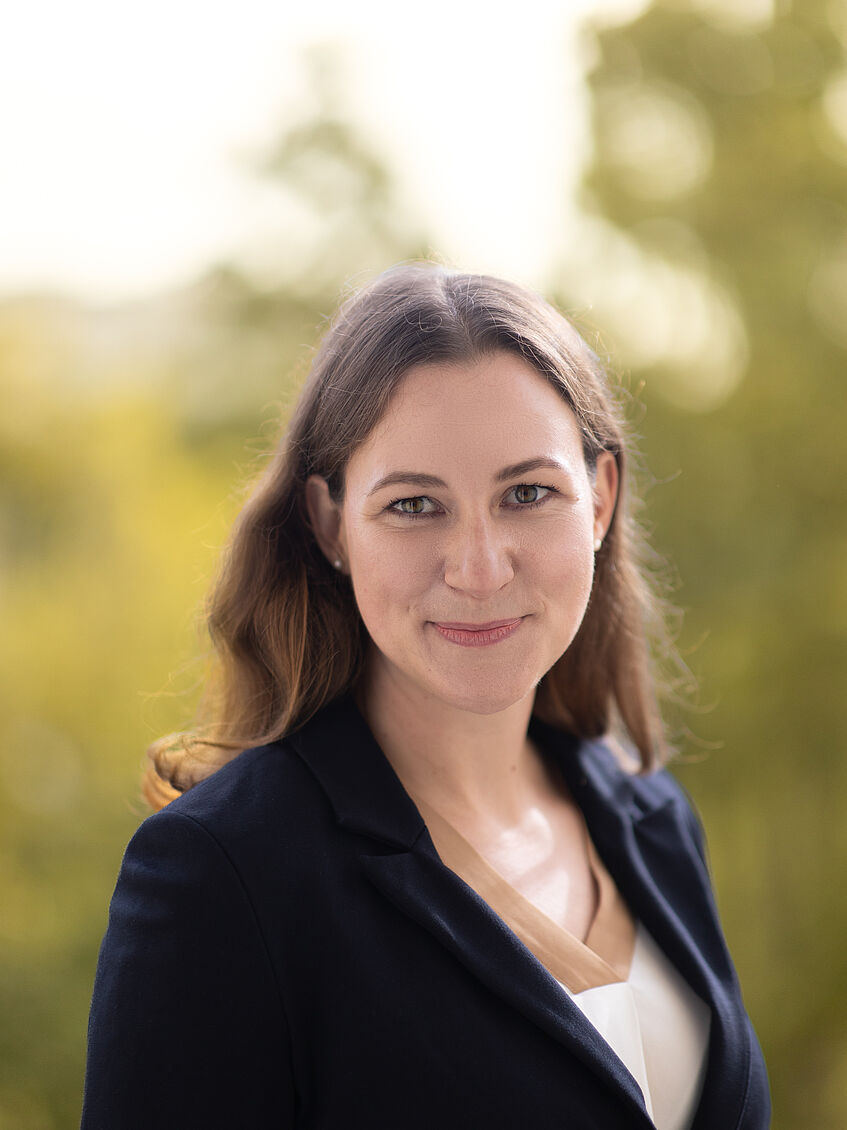
Verena Pichler
Research Areas: Synthetic methods for biomedical imaging, development of small molecules for neuroimaging, pharmaceutical quality management
Structure Analysis
Tim Gruene
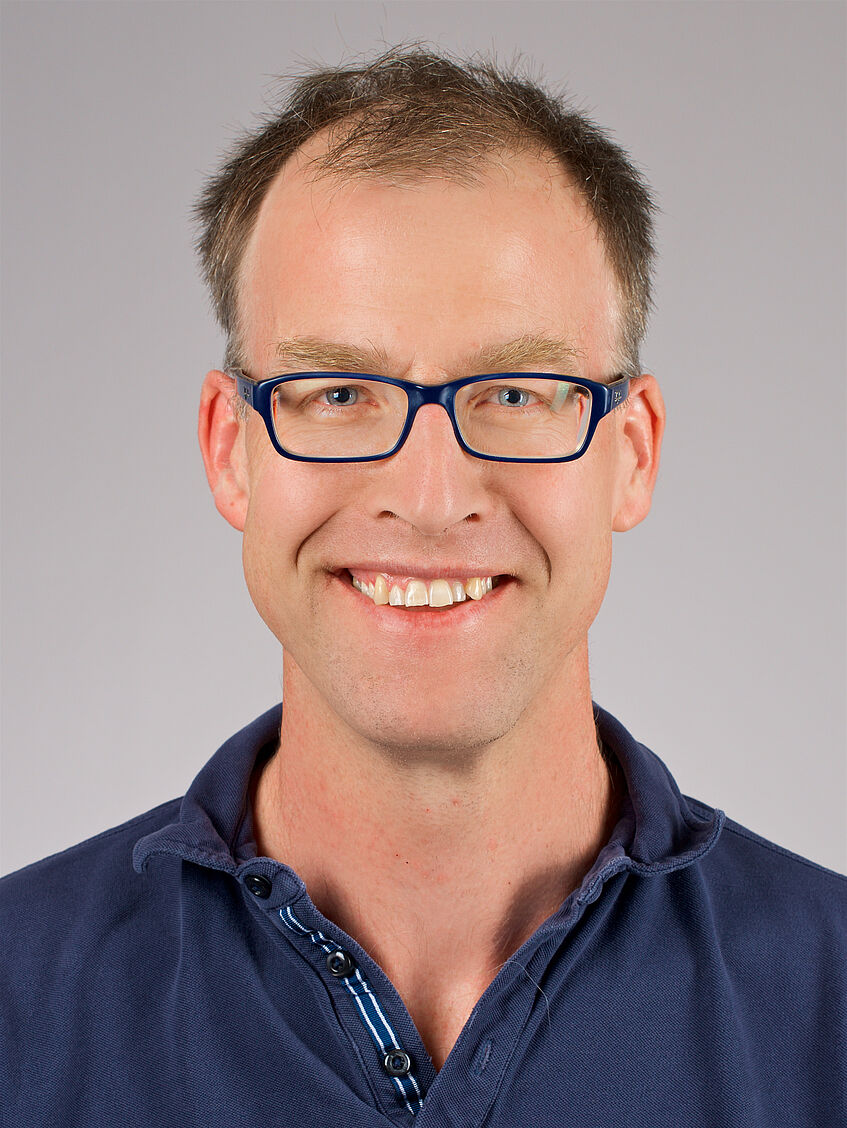
Tim Gruene
Research Areas: Analytical Chemistry, Single Crystal Structure Determination, Electron Crystallography, Computation and Programming in Crystallography, X-ray Crystallography, Validation in Crystallography.
